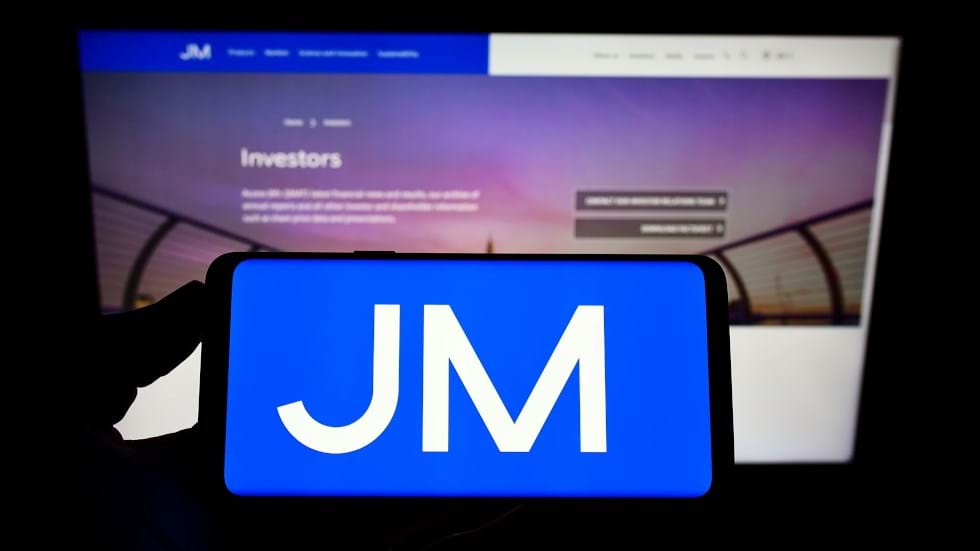Johnson Matthey sells catalyst and process tech business to Honeywell for £1.8bn

JOHNSON MATTHEY is selling its catalyst technologies business to Honeywell for £1.8bn (US$2.4bn).
The catalysts technology business designs and licenses process technologies and designs and makes catalysts for processes used in the energy and chemicals industries. This includes the LCH process licensed for use at the blue hydrogen plants being built by bp in Teesside and EET at Stanlow.
The business has around 1,900 employees and is headquartered in London with sites in Europe, India and the US. It will be absorbed into the automation business of Honeywell, which includes the US conglomerate’s own process technology unit, UOP.
Johnson Matthey has been under pressure to change after its largest investor published an open letter in December attacking the performance of the board running the UK-listed chemicals firm.
Once the deal is completed, which is expected in the first half of next year, Johnson Matthey will return £1.4bn from the sale to shareholders.
“Today’s announcement represents a significant milestone in the history of Johnson Matthey,” said company CEO Liam Condon. “We will now fundamentally reshape Johnson Matthey into a more focused and leaner business.”
The sale of the catalyst technology business, which saw underlying profits rise 23% to £92m last year, will leave Johnson Matthey with three divisions. The largest is its clean air business that makes emissions control catalysts for cars and has seen profits hold steady at £273m. There is the platinum refining business where profits fell 9% to £149m, and the unprofitable green hydrogen technologies unit that lost £39m. In February, following a slump in demand for its green hydrogen technology components, Johnson Matthey cut its investment in the business to the bone.
Honeywell expansion and division
Honeywell says the purchase will allow it for the first time to offer customers a comprehensive solution for the production of lower emission fuels including methanol, sustainable aviation fuel (SAF), blue hydrogen and blue ammonia.
Honeywell CEO Vimal Kapur said: “The acquisition of Johnson Matthey’s Catalyst Technologies business broadens Honeywell’s role as a world-class technology provider of critical energy needed to drive growth into the future – further strengthening our model of combining process technologies and process automation.”
In February, Honeywell announced plans to sell its aerospace technologies and speciality chemicals divisions to focus on becoming a standalone automation firm.
Speaking then, Kapur said: “Honeywell Automation will create the buildings and industrial infrastructure of the future, leveraging process technology, software, and AI-enabled, autonomous solutions to drive the next generation of productivity, sustainability, and safety…[it] will be better able to capitalise on the global megatrends underpinning its business, from energy security and sustainability to digitalisation and artificial intelligence.”
Since December 2023, it has spent US$11bn acquiring other companies including US$1.8bn on the LNG business of Air Products and US$2.1bn on pump manufacturer Sundyne.
Recent Editions
Catch up on the latest news, views and jobs from The Chemical Engineer. Below are the four latest issues. View a wider selection of the archive from within the Magazine section of this site.




